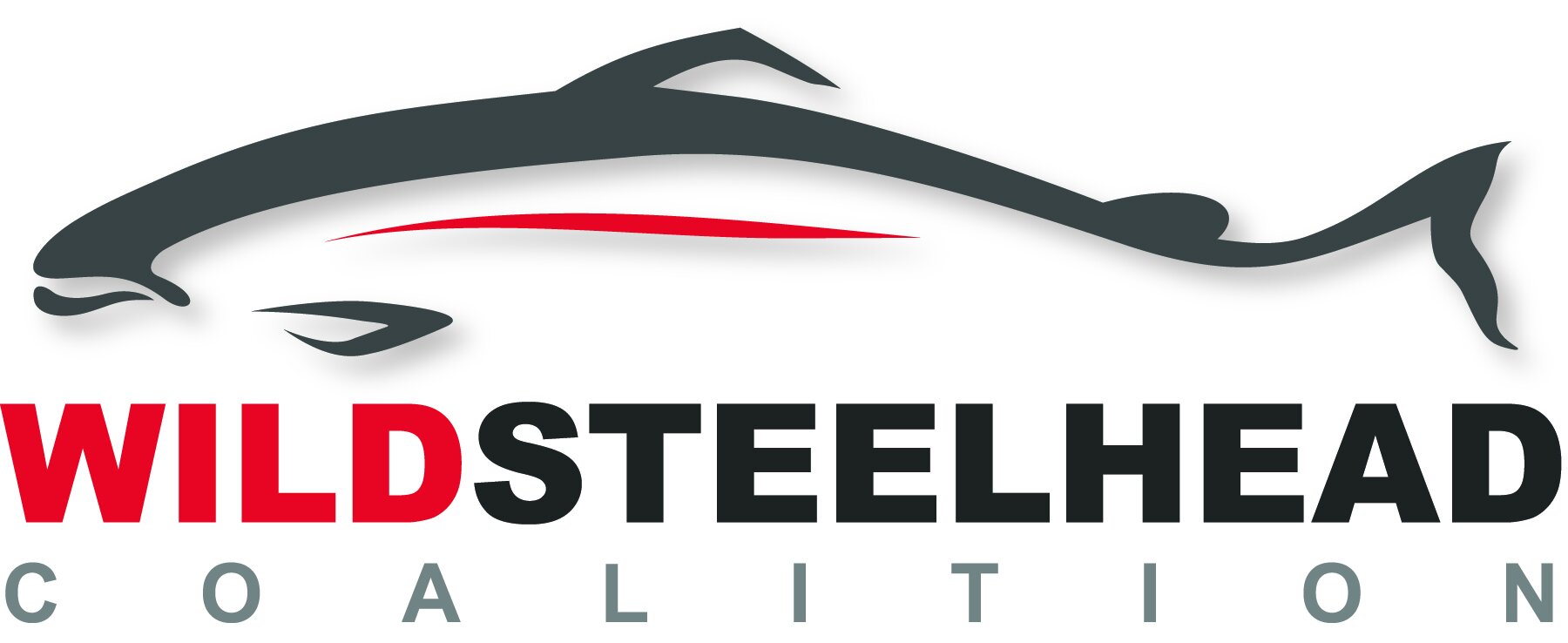With Public Involvement WDFW Helps Change the Conversation
It's a Monday evening and I've signed in to Zoom to listen to the third-and-final Virtual Town Hall on the 2023 Coastal Steelhead season hosted by Washington's Department of Fish and Wildlife (WDFW). The previous two events have been open forums where the WDFW has both shared their ideas and solicited new ones for managing an already-scarce resource. Tonight, is the big reveal where the regulations will be announced.
Like all virtual events, it's awkward, lacking the authenticity and connection of in-person gatherings. And like the previous events the WDFW has hosted, it's also painful because these processes are about compromise to ensure as many people get some part of what they want while knowing that nobody will get everything they want. Nobody yells, but the frustration is palpable, even through pixels on my computer screen.
I'll confess that most of my understanding of town halls comes from watching the smug condescension of Reverend Shaw Moore in Footloose (the 1984 version kids, keep up) and the small-but-vocal group of disenfranchised students who just want to shake their asses. And to an extent it holds true.
WDFW presentation of potential regulatory changes for the Washington Coastal System, 2023.
As people start to weigh in, I imagine this will all conclude with at least a few stiff drinks for the department hosts once they've ended the meeting. You have a group of people who are there to debate the science of the problem, or who take issue with the data accuracy. Not much can be done to placate this group. There’s no point in debating with folks who haven’t quite come around to this idea of “science”. Regardless of the data accuracy, it’s the dataset being used to make decisions, so you have to work with it. And if the data are dire enough for the agency (who’s beholden to forces such as license sales that can over-tax the system and carve out as much opportunity as possible) to worry, you might assume the problem is much worse in reality.
Then you have another group who are there to express outrage at the reality of the situation. Their gripes are veiled with "first of all, I want to say how much I appreciate all the work you put into this" which is inevitably followed with "BUT...". I expect these will continue to compound and spiral, one angry angler enabling the next until the meeting is forced to end early.
However, something different takes place. The attendees genuinely acknowledge the challenging situation we find ourselves in with Washington's coastal steelhead fisheries. And once they've had a moment to share their discontent, nearly everyone seems to find acceptance and even make peace with regulations that will impact their life or livelihood in some way. Some even go further asking about ways to directly help the Department with research and enforcement.
“These meetings have the potential to make progress because they bring the citizens along for the ride.”
One need only look a few hours North of Puget Sound to the Thompson River whose steelhead population has collapsed without much visibility or discussion into why, much less any concerted effort to restore it by the B.C. management agency. To be clear, the coastal system is not out of the woods and we have a lot of work to do. What we do have in our favor is a government agency that is starting to open up about the situation and invite its constituency to participate in finding solutions.
These meetings have the potential to make progress because they bring the citizens along for the ride. Governmental bureaucracy is an opaque and confounding process, and it breeds distrust for most of us. These town halls cast a light on the challenges the officials have with placating everyone while still trying to conserve and protect natural resources.
Perhaps more importantly it's easy to forget that we're all in this together – just a bunch of people trying to figure out how we got here and what we can do to fix it. The discussions breed empathy which is missing from all sides in many conservation efforts. Discussions where people with a vested interest in the issue show up, commiserate, take some accountability, and commit to sharing the load to fix the problem is one of few successful models for change.
Like most topics in our national discourse, conservation has become ridiculously divisive. Of course, it’s a complex problem to address. But using community events like the WDFW's Town Hall brings both transparency and accountability to the issues we're grappling with, and they have the potential to lead to change we can all at least live with.
By David Conrad, Board Member


